 Independent Age, a charity for those in later life, has launched a new report titled ‘Patiently waiting: Older people’s experiences of waiting for surgery’. The report highlights the challenges for older people in England waiting for surgical procedures, and the impact waiting has on their mental, emotional and physical health. It also features what older people would like in terms of support and information as they wait for surgery.
Independent Age, a charity for those in later life, has launched a new report titled ‘Patiently waiting: Older people’s experiences of waiting for surgery’. The report highlights the challenges for older people in England waiting for surgical procedures, and the impact waiting has on their mental, emotional and physical health. It also features what older people would like in terms of support and information as they wait for surgery.
Waiting times for treatment have been increasing over the past five years.…
Read more of this article

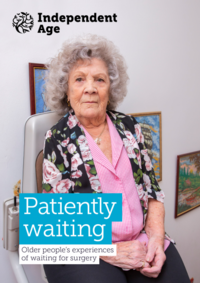

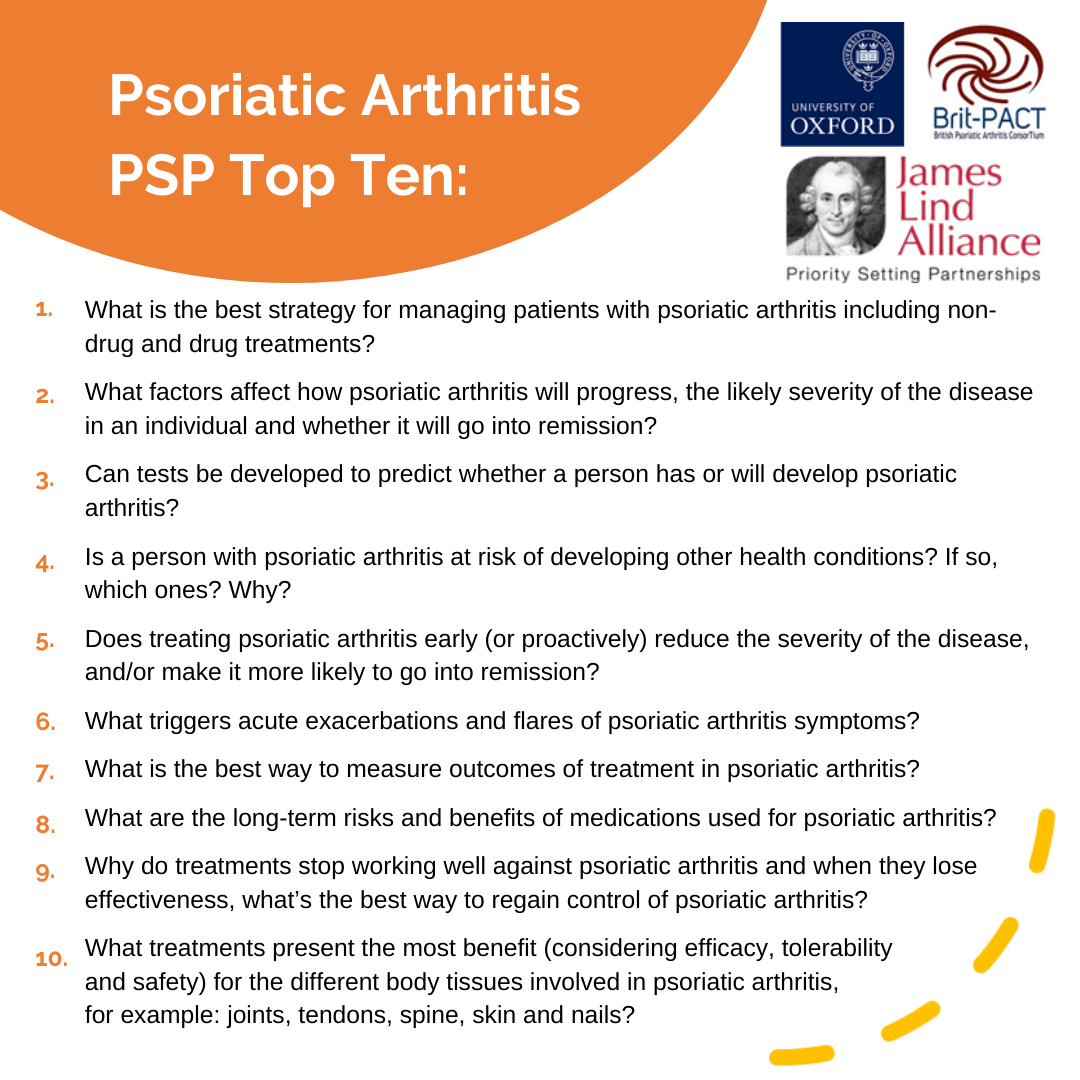
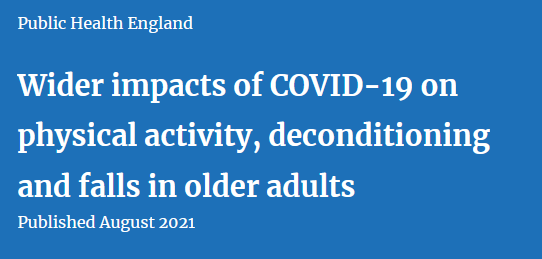



 Waiting for care: Understanding the pandemic’s effects on people’s health and quality of life looks at how the suspension of routine NHS care has affected people’s health and wellbeing via two case studies – hip replacements and diabetes.
Waiting for care: Understanding the pandemic’s effects on people’s health and quality of life looks at how the suspension of routine NHS care has affected people’s health and wellbeing via two case studies – hip replacements and diabetes.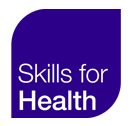
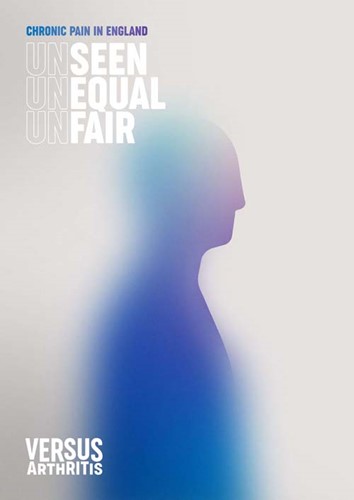

 The University of Manchester is looking for people with arthritis or any other long-term musculoskeletal pain condition to take part in the Manchester Digital Pain Manikin study.
The University of Manchester is looking for people with arthritis or any other long-term musculoskeletal pain condition to take part in the Manchester Digital Pain Manikin study.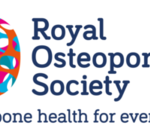
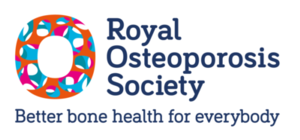 The Royal Osteoporosis Society (ROS) has launched its 2021
The Royal Osteoporosis Society (ROS) has launched its 2021